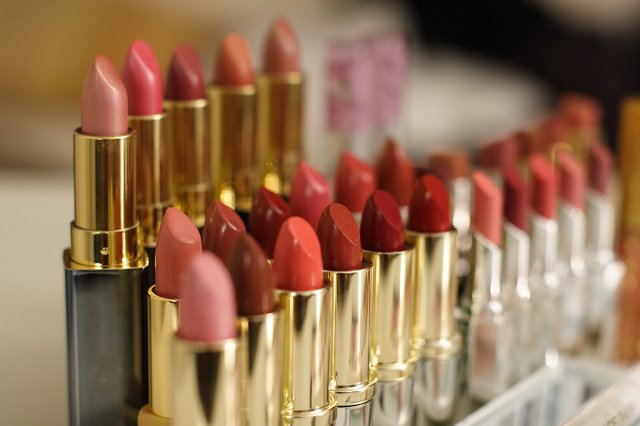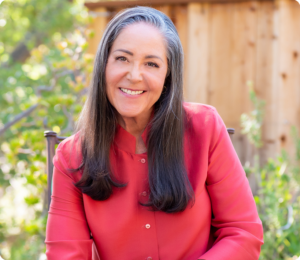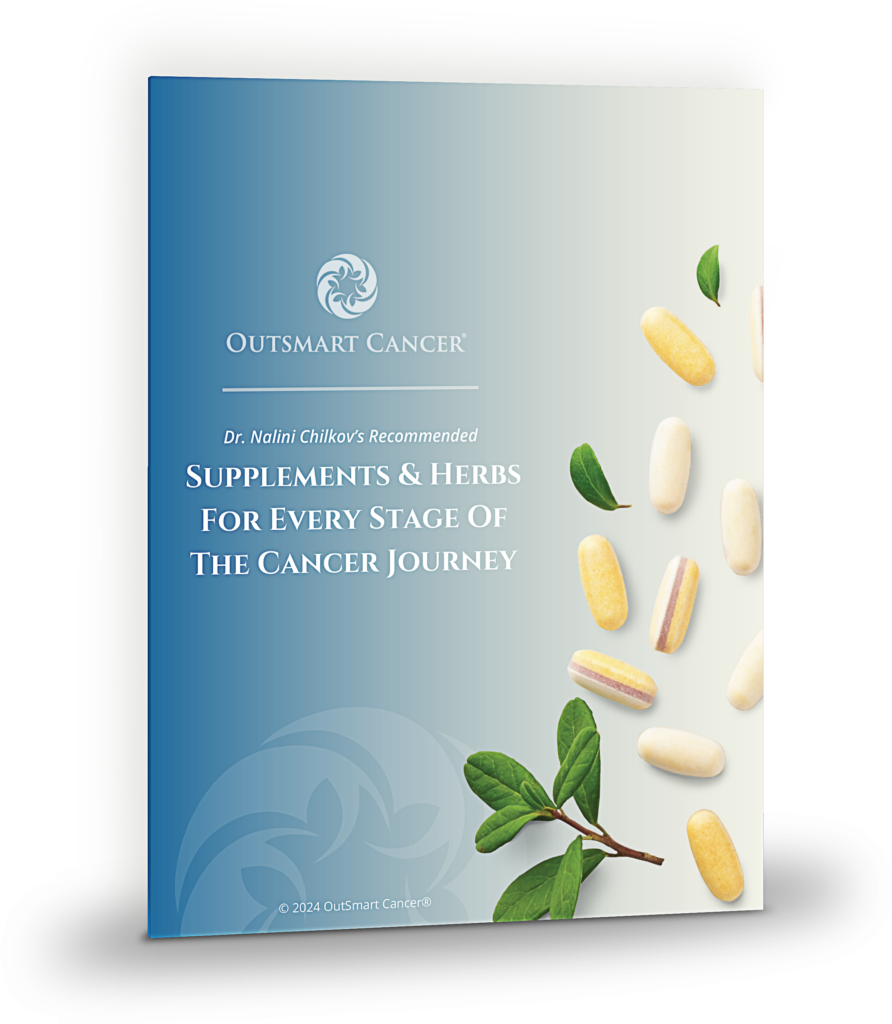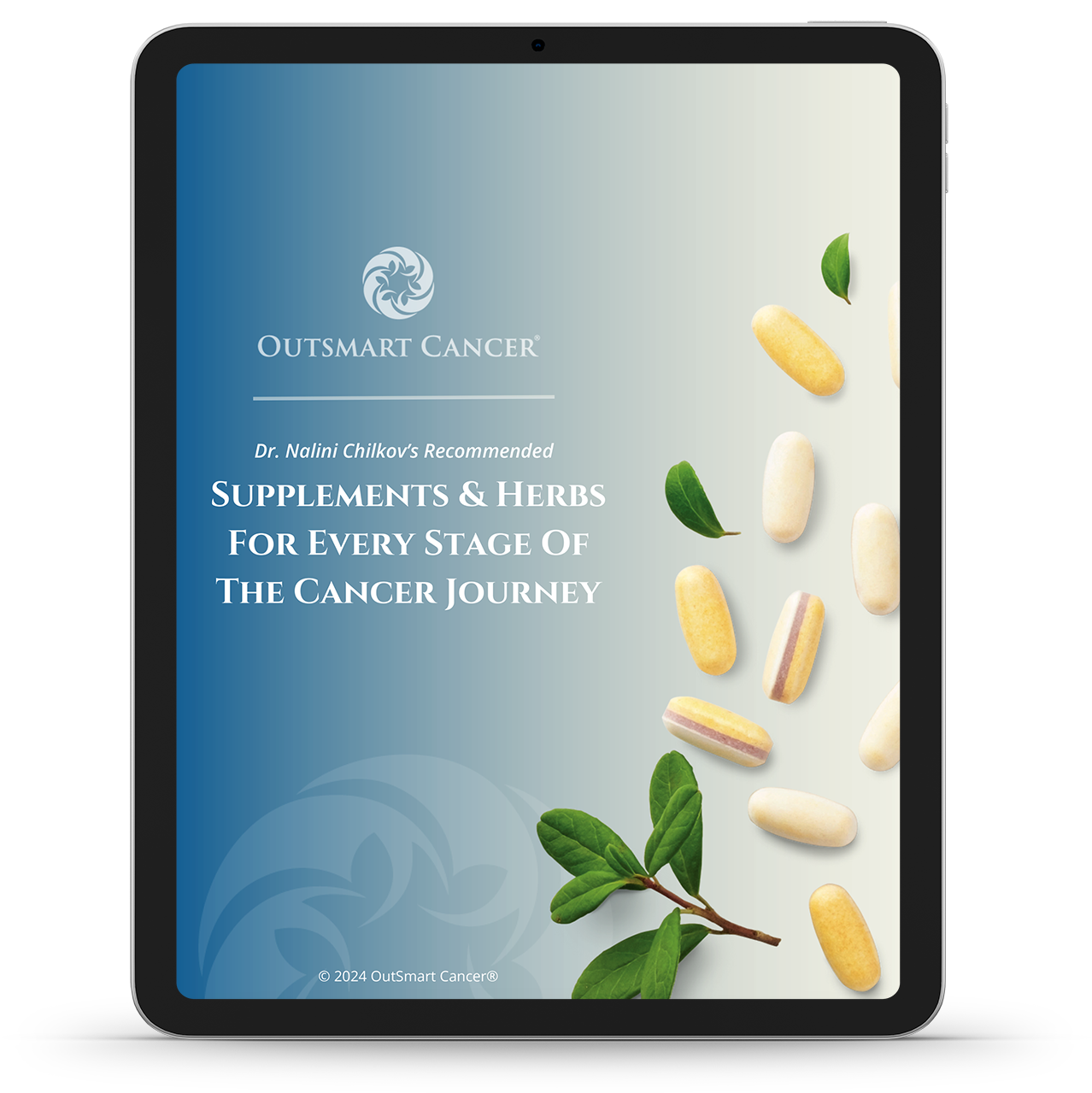
There are more cancer causing toxic chemicals in your shampoo than meets the eye. Here is a fantastic Article from Mother Jones reminding us AGAIN that not only is it important to read labels, even on so called “healthy” products, but to insist that we regulate cancer causing toxins OUT of our food, our body care products, our cleaning products, the containers in which food is packaged, etc. A great website: everydayexposures.com can help you learn how to make safer choices.
What Your Shampoo Bottle Isn’t Telling You…and why it matters.
I’m not the most discerning shopper when it comes to buying cosmetics or household products. (Why are parabens bad for you [1], again?) So if I saw the chemical diethanolamine listed on the back of a shampoo bottle, or decamethylcyclopentasiloxane on a surface cleaner, it probably wouldn’t stop me from buying it. But chances are I’d never see those those names, anyway.
The main reason for this, a new study [2] in yesterday’s Environmental Health Perspectives points out, is that the state of product labeling in the US is pretty poor. How poor? The study’s researchers—who analyzed samples from 213 different consumer products ranging from cat litter to shaving cream, sunscreen, dishwater detergent, mascara, and vinegar—detected some 55 toxic chemicals. Many of these, they report, weren’t listed on the labels of products tested.
“The study shows that we are exposed to a complex mixture of toxic chemicals simply by going through our normal routines,” Andy Igrejas, who heads the group Safer Chemicals, Healthy Families, said in a press release.
Labels are important, the study’s authors write, because they help scientists determine whether (and to what degree) consumer products are responsible for toxic chemicals entering our bodies. We already know about some chemicals detected in the study (which was led by the Silent Spring Institute and partly funded by the Centers for Disease Control and Prevention): Fragrants, BPA, phthalates, among others, are associated with a variety of health risks, most commonly asthma and endocrine disruption.
Improved research, in turn, would help consumers like me a ton. For example: With better labeling and due diligence on my part, I might have known that using a shampoo containing diethanolamine [3] might irritate the nose, throat, and skin. Some animal studies have linked the chemical with increased blood pressure and impaired vision. I might also have known that decamethylcyclopentasiloxane (a.k.a. D5) is a compound widely used in cleaning, personal care, and baby products that’s also pretty toxic; studies have shown D5 to be potentially carcinogenic, and can harm the nervous system, fat tissue, liver, and immune system (PDF [4])—all things that would sway me to opt for a cleaner free of these chemicals.
But the solution isn’t just about better labeling, Igrejas says. “We need the federal government to sort through the chemicals on the market and ensure they are restricted where necessary.”
Until then, it’ll be up to consumers to decide what products are best avoided. As a start, we’ve already written about what to watch out for in sunscreen [5] andhousehold [6] cleaners [7], researched the scary world of BPA [8], and sought the truth behind eco-labels [9].
Source URL: http://motherjones.com/blue-marble/2012/03/silent-spring-study-labels-cosmetics-household-chemicals By Jaeah Lee |
[1] http://www.fda.gov/cosmetics/productandingredientsafety/selectedcosmeticingredients/ucm128042.htm
[2] http://ehp03.niehs.nih.gov/article/fetchArticle.action?articleURI=info:doi/10.1289/ehp.1104052#Supplemental Material
[3] http://www.epa.gov/ttn/atw/hlthef/diethano.html
[4] http://www.sfenvironment.org/downloads/library/dry_cleaning__how_to_green_your_cleaning_2.10.pdf
[5] http://motherjones.com/blue-marble/2010/05/common-sunscreen-ingredient-cancer
[6] http://motherjones.com/blue-marble/2011/11/toxins-household-cleaners-tide-clorox-glade-pinesol-febreze-simplegreen
[7] http://motherjones.com/blue-marble/2010/05/cleaning-products-toxic-ingredients
[8] http://motherjones.com/search/apachesolr_search/bpa
[9] http://motherjones.com/environment/2009/11/your-eco-label-lying>
[1] http://www.fda.gov/cosmetics/productandingredientsafety/selectedcosmeticingredients/ucm128042.htm
[2] http://ehp03.niehs.nih.gov/article/fetchArticle.action?articleURI=info:doi/10.1289/ehp.1104052#Supplemental Material
[3] http://www.epa.gov/ttn/atw/hlthef/diethano.html
[4] http://www.sfenvironment.org/downloads/library/dry_cleaning__how_to_green_your_cleaning_2.10.pdf
[5] http://motherjones.com/blue-marble/2010/05/common-sunscreen-ingredient-cancer
[6] http://motherjones.com/blue-marble/2011/11/toxins-household-cleaners-tide-clorox-glade-pinesol-febreze-simplegreen
[7] http://motherjones.com/blue-marble/2010/05/cleaning-products-toxic-ingredients
[8] http://motherjones.com/search/apachesolr_search/bpa
[9] http://motherjones.com/environment/2009/11/your-eco-label-lying




